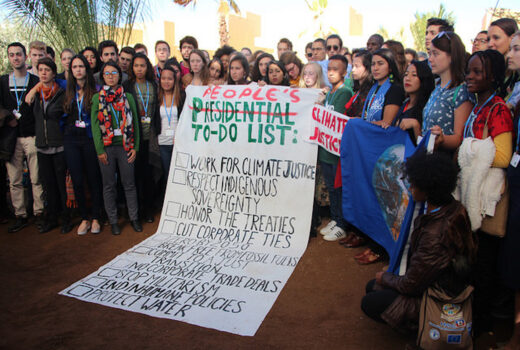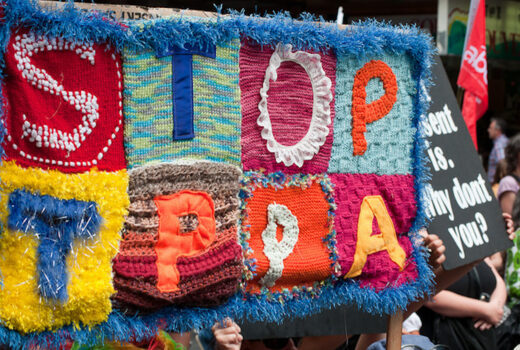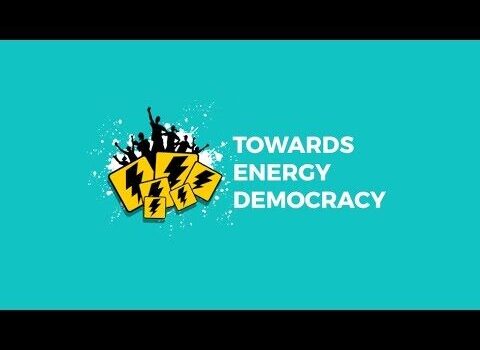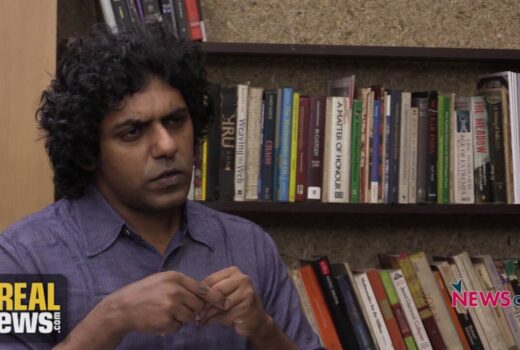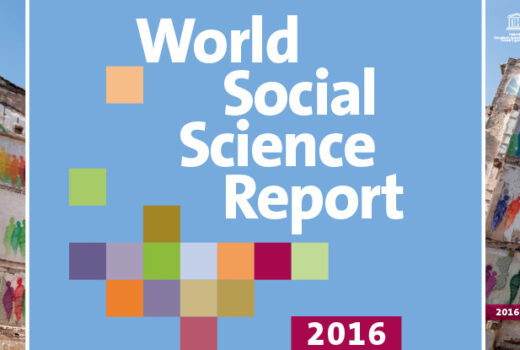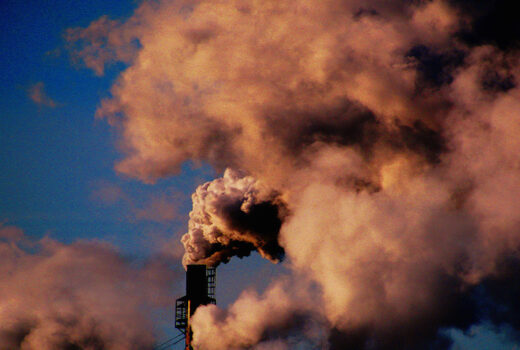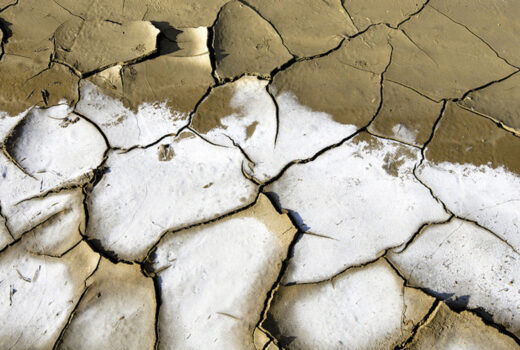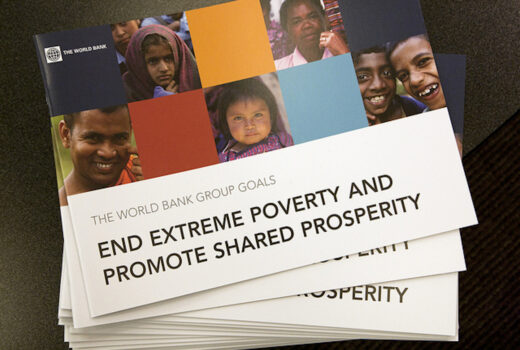Topic: Inequality
Global climate justice movements refuse to be overshadowed by election of climate change denier to U.S. presidency
Article / 21st November 2016The following collective statement was issued by organisations, networks, and movements gathered in Marrakech at COP22, in response to Donald Trump becoming President-Elect of the United States of America and its potentially devastating implications for the cause of climate justice.
Human rights must be Integrated Into international investment agreements
Article / 21st November 2016In the following statement from human rights and other civil society organisations, governments are urged to place human rights at the core of international investment and trade agreements - and therefore reject any proposed agreements that do not meet this essential requirement.
Towards energy democracy
Blog / 15th November 2016How are people across the world taking back power over the energy sector, kicking-back against the rule of the market and reimagining how energy might be produced, distributed and used? How can the concept of energy democracy be deployed to demand a socially just energy system, with universal access, fair prices and secure, unionised and well-paid jobs? This short video summarises the discussions and outcomes from an international workshop on energy democracy held in Amsterdam in February 2016.
Flawed global rules in agriculture: Need for a new approach
Blog / 8th November 2016Sophia Murphy, from the Institute for Agriculture and Trade Policy (IATP) speaks with The Real News on how for the past 20 years, the World Trade Organisation rules have failed to address basic inequities in world agriculture. What is urgently required is a new framework for global agriculture that embraces principles of agro-ecology, remunerative prices, sustainable livelihoods and ecological sustainability.
Unchecked inequalities could threaten UN’s Sustainable Development Goals, according to social science report
Report / 7th November 2016The coexistence of deep and persistent inequalities as well as increasing prosperity is a paradox of our time, a paradox that calls into question global development and processes of modernization in today’s world. The latest World Social Science Report for 2016 includes a compendium of knowledge from relevant experts on this immense challenge of the 21st century, with a concluding section on transformative pathways to a just world.
Despite Paris climate pledge, planet on track to surpass 3°C temperature rise
Blog / 5th November 2016After 24 years of negotiations we are hurtling towards a 3.5 degree world, which will be catastrophic for millions. By Nika Knight, Common Dreams.
Wealthy countries doing ‘nowhere near enough’ to help poorest cope with climate change
Article / 31st October 2016Wealthy nations are doing “nowhere near enough” to help the world’s poorest people cope with the effects of climate change, Oxfam has warned after 38 developed countries claimed they were on track to meet their pledges to provide aid.
Are we moving towards a ‘world free of poverty’?
Blog / 26th October 2016There are reasons to question the World Bank's upbeat estimate of global poverty, especially if non-income dimensions are considered. If we adopt a truly international poverty line, there could be around five billion poor people in the world - far beyond the 700 million estimated, explains Iyanatul Islam.
Der Kreuzpunkt von Politik und Spiritualität in Bezug auf die Klimakrise
Report / 26th October 2016Das folgende Interview mit Mohammed Mesbahi, Gründer von STWR, untersucht sowohl die gegenwärtige politische also auch die tiefere spirituelle Bedeutung der Notwendigkeit, die Ressourcen der Welt in Bezug auf den eskalierenden Klimawandel zu teilen.
Think U.S. agriculture will end world hunger? Think again.
Report / 21st October 2016A new report by the Environmental Working Group confronts the myth that American farmers must double their food production to 'feed the world'. Instead, the key to ending world hunger while protecting the environment is to help small farmers in the developing world increase their productivity and income, and to promote “agro-ecology” everywhere.
